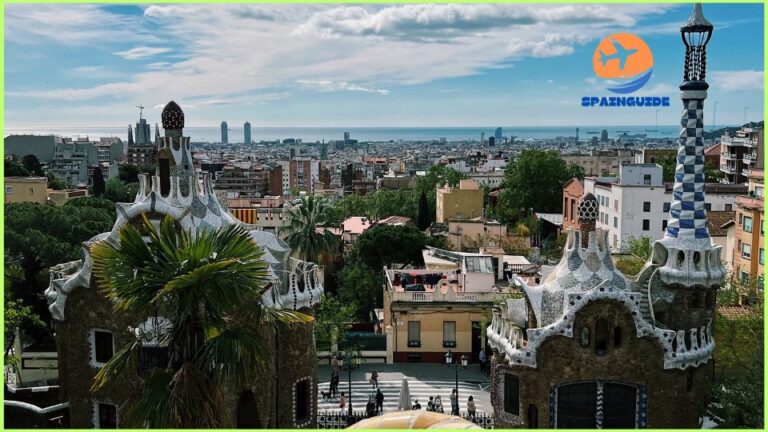Spain is renowned for its rich history, vibrant culture, and stunning landscapes, making it an attractive destination for expats and travelers alike. However, before packing your bags and moving to Spain, it’s crucial to understand the cost of living. This comprehensive guide will walk you through all the expenses you can expect, from housing to healthcare, ensuring you’re well-prepared for your Spanish adventure.
Housing Costs
Housing costs in Spain can vary significantly depending on the region and the type of accommodation. In major cities like Madrid and Barcelona, the cost of renting an apartment can be higher than in smaller cities or rural areas. On average, a one-bedroom apartment in a city center can cost between €600 and €1,000 per month, while outside the city center, the cost may range from €400 to €700 per month.
Food and Grocery Expenses
The cost of food and groceries in Spain is relatively affordable, especially if you choose to cook at home. A typical grocery bill for a single person can range from €150 to €300 per month, depending on your eating habits and the quality of the products you buy. Eating out at restaurants or cafes can be more expensive, with a meal at a mid-range restaurant costing around €10 to €20 per person.
Transportation Expenses
Spain has an efficient and affordable public transportation system, which includes buses, trains, and metros. The cost of a monthly transportation pass in a major city can range from €40 to €80, depending on the city and the type of pass you choose. Owning a car in Spain can be more expensive, with additional costs such as insurance, fuel, and maintenance.
Healthcare Costs
Spain has a public healthcare system that provides free or low-cost medical care to residents. However, many residents choose to have private health insurance to access additional services and reduce waiting times. The cost of private health insurance can vary depending on your age, health status, and the level of coverage you choose.
Education Costs
Public education in Spain is free for residents up to the age of 16. After that, students can choose to attend public or private schools, which may have additional costs such as uniforms, books, and extracurricular activities. The cost of private schools can vary significantly, with some prestigious schools charging tuition fees of several thousand euros per year.
Entertainment and Leisure Expenses
Spain offers a wide range of entertainment and leisure activities, from visiting museums and art galleries to enjoying the vibrant nightlife. The cost of these activities can vary depending on your interests and the city you’re in. On average, a night out in Spain can cost between €20 and €50, including drinks and entertainment.
Comparison with Other European Countries
Compared to other European countries, Spain offers a relatively affordable cost of living, especially in terms of housing and food. However, the cost of living can vary significantly depending on the region, with major cities being more expensive than rural areas.
Overall, the cost of living in Spain is relatively affordable compared to many other European countries, making it an attractive destination for expatriates and retirees. While certain expenses such as housing and food are more affordable, it’s essential to consider other factors such as healthcare, education, and transportation when planning your budget.







